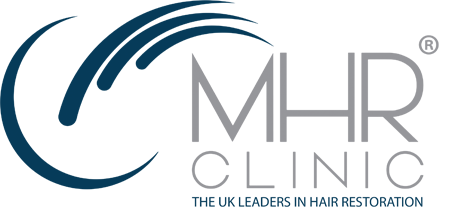In a world where quick fixes and convenience often dictate our dietary choices, the consequences on our health can be far-reaching and unexpected. One such consequence that has garnered attention in recent years is the potential link between consuming sugary drinks and hair loss. While the notion may seem surprising at first, delving into the intricate web of physiological processes reveals a plausible connection worth exploring.
Hair loss, can be attributed to a myriad of factors ranging from genetics and hormonal imbalances to stress and dietary habits. Amidst these factors, the role of diet, particularly the consumption of sugary beverages, has come under scrutiny. Sugary drinks, laden with high-fructose corn syrup and refined sugars, have become ubiquitous in modern diets, tempting taste buds with their sweetness while potentially wreaking havoc on our health, including the health of our hair follicles.
The relationship between sugar consumption and hair loss is multifaceted. One prominent mechanism revolves around insulin resistance. Sugary drinks cause a rapid spike in blood sugar levels, prompting the pancreas to release insulin to regulate glucose levels. Over time, frequent consumption of these beverages can lead to insulin resistance, wherein cells become less responsive to insulin’s signals, resulting in persistently elevated insulin levels. This cascade of events is not only associated with conditions like diabetes and obesity but also contributes to systemic inflammation and hormonal imbalances, which are known culprits in hair loss.
Moreover, the process of glycation induced by excessive sugar intake can also adversely affect hair follicles. Glycation occurs when sugars in the bloodstream bind to proteins, forming harmful molecules called advanced glycation end products (AGEs). These AGEs can damage proteins like collagen and elastin, essential components for maintaining the structural integrity of hair follicles and promoting hair growth. Consequently, compromised follicles are more prone to miniaturisation and eventual hair loss.
Furthermore, sugary drinks often lack essential nutrients vital for hair health. The empty calories derived from these beverages offer little nutritional value, depriving the body of vital micronutrients like vitamins and minerals crucial for maintaining healthy hair growth cycles. Deficiencies in nutrients such as vitamin C, biotin, zinc, and iron have been linked to hair thinning and shedding, underscoring the importance of a balanced diet in preserving hair vitality.
While the correlation between sugary drinks and hair loss appears plausible, it’s essential to acknowledge the limitations of existing research. Much of the evidence linking the two remains observational, relying on associations rather than causation. Additionally, individual genetic predispositions and lifestyle factors may influence the extent to which sugary drinks impact hair health. Thus, while reducing sugar intake may be a prudent step in promoting overall well-being, it may not be a panacea for preventing or reversing hair loss.
Nevertheless, adopting healthier beverage choices can undoubtedly confer numerous benefits, both for hair and overall health. Opting for hydrating alternatives like water, herbal teas, or freshly squeezed juices can help quench thirst without subjecting the body to the detrimental effects of added sugars. Incorporating nutrient-rich foods such as fruits, vegetables, lean proteins, and whole grains into the diet can provide the essential building blocks necessary for robust hair follicles and vibrant locks.
In conclusion, while the link between consuming sugary drinks and hair loss is a subject of ongoing research and debate, the potential mechanisms underlying this association shed light on the intricate interplay between diet and hair health. By recognising the detrimental effects of excessive sugar intake on insulin sensitivity, glycation processes, and nutrient deficiencies, individuals can make informed choices to safeguard their hair from potential harm. Ultimately, moderation and balance remain key tenets of a healthy lifestyle, paving the way for luscious locks and overall well-being.
